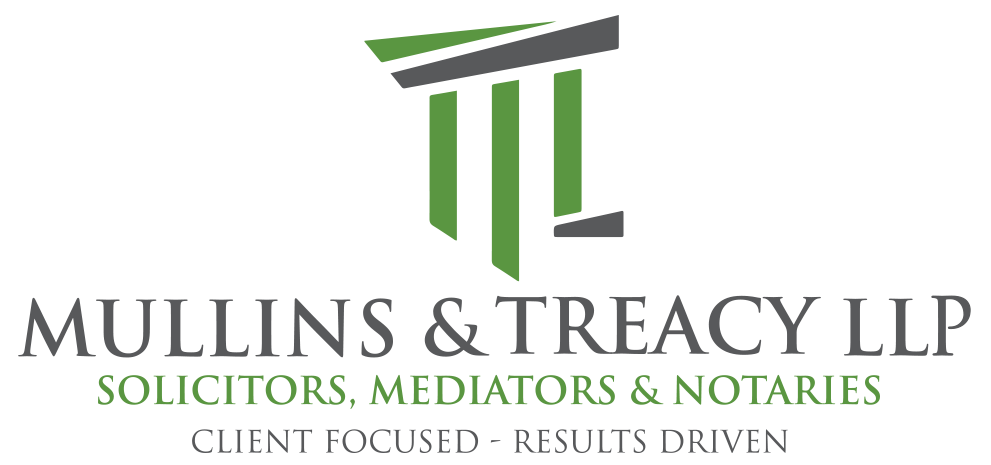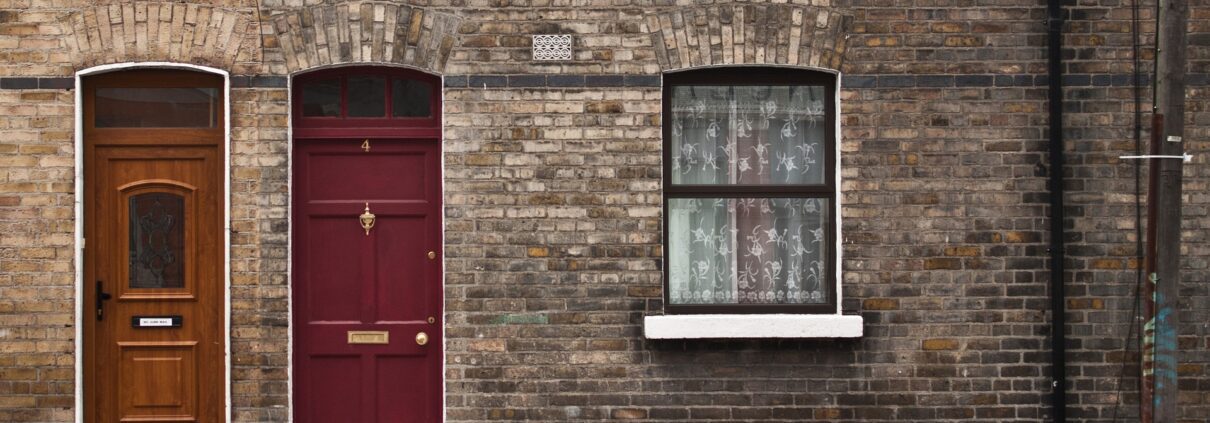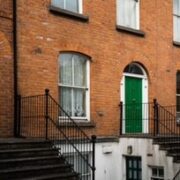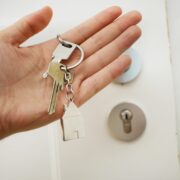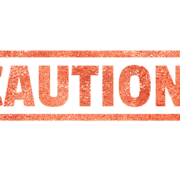Freehold vs Leasehold
There are two ways of owning a property in Ireland: freehold and leasehold. With a leasehold, you only own the building, whereas with a freehold you own both the building and the land upon which it is built.
What does freehold mean?
When you buy a freehold, you become the legal owner of the land and the buildings (if any). You have complete control of the property and do not have to pay any ground rent or administration fees to a third party. Your ownership also lasts for as long as you want it to – in other words, until you sell the property.
Most houses in Ireland are freehold. If you buy a property in a city, you might not think of yourself as owning any land. However, you do own the land upon which the building sits. You can do what you like with this land, so long as you comply with planning laws and building regulations.
What does leasehold mean?
When you buy a leasehold, you become the legal owner of the building and nothing else. You do not own the land upon which the building sits. Rather, the land is owned by a ground landlord. This might be a local authority, a private company or an individual.
The ground landlord leases you the right to use the land for a certain number of years. In return, you pay a fee called ground rent. As the name suggests, you are effectively renting the ground underneath your property.
Most apartments in Ireland are leasehold. So, each apartment in a block will have an owner. This person is the leaseholder. The land upon which the apartment block sits is owned by the ground landlord.
Leasehold considerations
Some people are wary of buying a leasehold property as they offer less flexibility. However, leaseholds can be very profitable, so long as do your homework before committing to a purchase.
One of the most important considerations is the length left on the lease. Remember, leaseholds are given for a fixed number of years. After this, they must be renewed, often at the expense of the leaseholder. This means that a leasehold with less than 70 years left to run may be an unattractive proposition. In fact, lenders may refuse a mortgage in these situations.
You should also check how much ground rent you will be liable for, and whether there are any other restrictions on the property. For example, lots of leaseholds state that you cannot have a pet. These kinds of terms and conditions could be a deal-breaker for you.
Buying out your ground rent
If you do decide to buy a leasehold, it might be possible to buy out your ground rent. This would change the title from a leasehold to a freehold. You can do this via direct negotiations with the ground landlord, or through the Ground Rents Purchase Scheme if you purchased your property after 1978. Once the process is complete, you receive a ‘Vesting Certificate’. This should be registered with the Land Registry or Registry of Deeds.
Speak to our property solicitors
If you are buying a property, it is important to check whether the title is a leasehold or a freehold. There are implications to both options that you need to be aware of, before agreeing to the sale.
When you instruct our property solicitors, we can explain the difference between a freehold and a leasehold property in more detail. If there are concerns regarding the title, we will highlight these during the property transaction, ensuring you know precisely what you are buying.
We can also help you buy the ground rent on a leasehold property. It is highly recommended that you ask a solicitor to guide you through the process, which can be complicated.
To speak to our property solicitors, call us on 051 391 488 or email reception@mullinstreacy.ie for a no obligation enquiry. We are client focused and results driven.
Before you go…
We don’t just help people with property transactions! We also specialise in –
